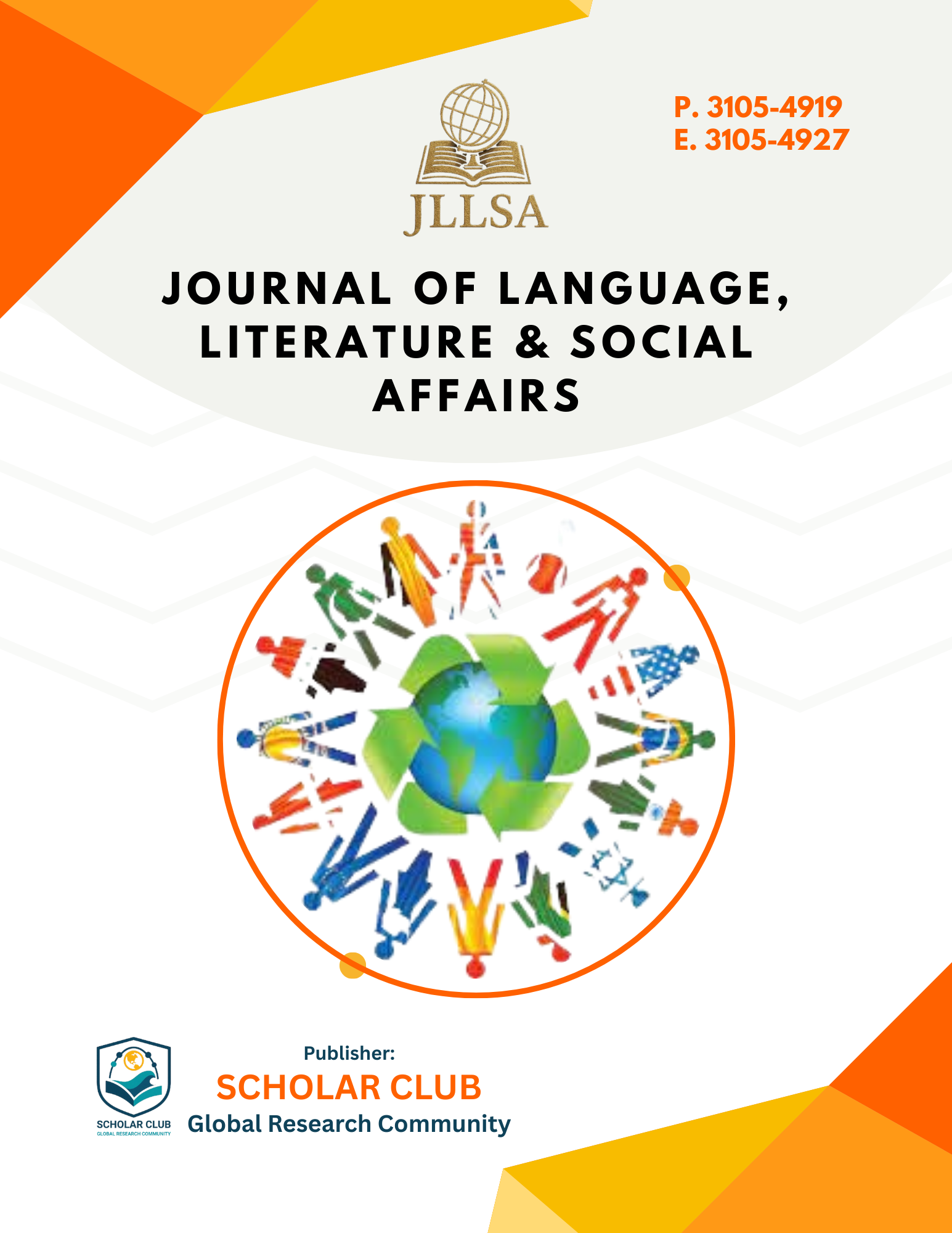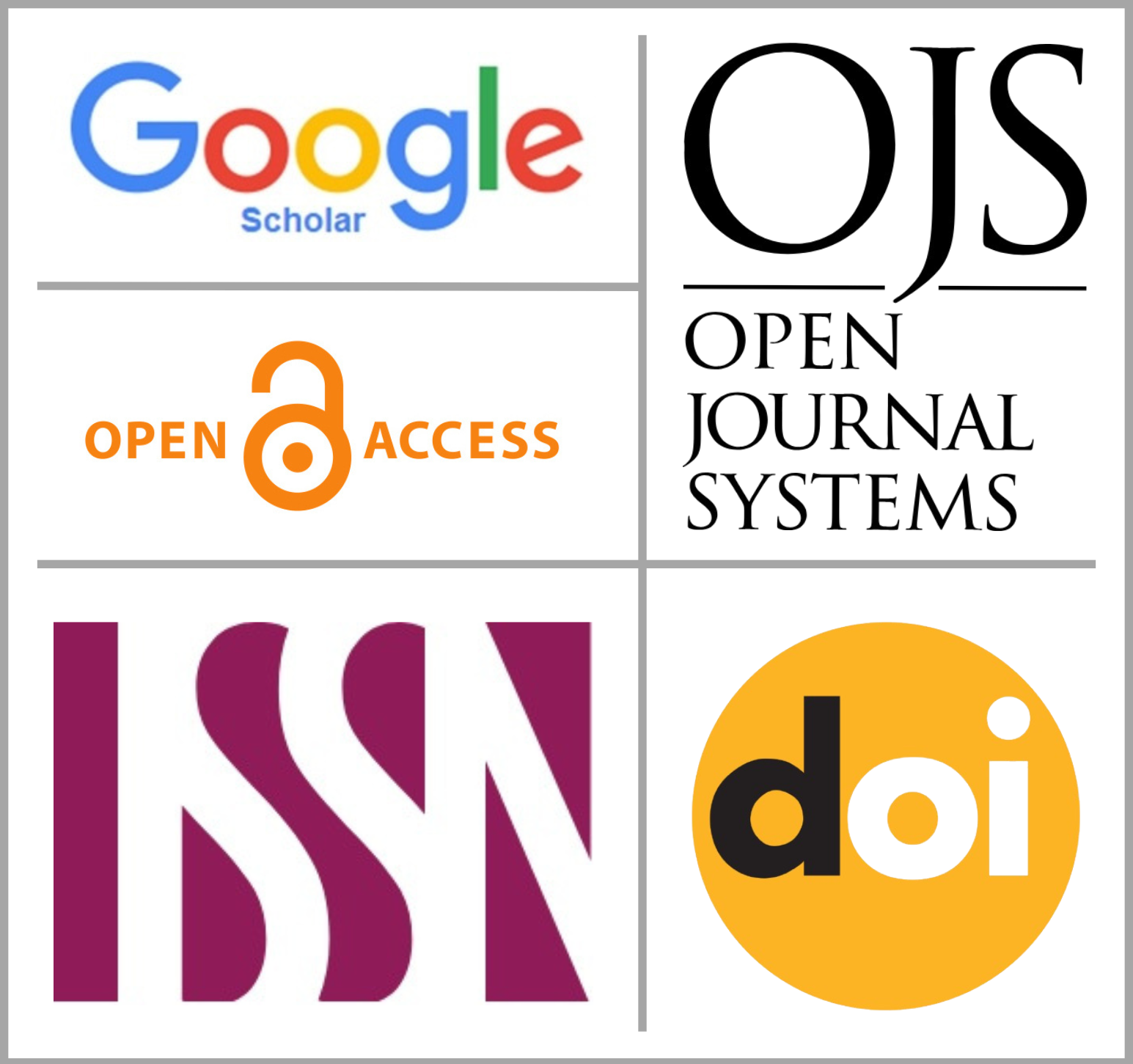SJI Factor (Scientific Journal Impact Factor) is an international indexing and evaluation platform that measures the influence and reach of scholarly journals. It emphasizes research quality, citation performance, and ethical publishing standards to promote credible academic dissemination. SJI Factor helps researchers, institutions, and publishers identify reputable journals and enhance the global visibility and impact of scientific knowledge.
JOURNAL INFORMATION
Name: Journal of Language, Literature & Social Affairs (JLLSA)
Frequency: Quarterly
ISSN P: 3105-4919
ISSN E: 3105-4927
Language: English
Publisher: Scholar Club (Private) Limited
Review Type: Double-Blind Peer Review
Area of Publication: Language, Literature and Social Sciences
INDEXING



















